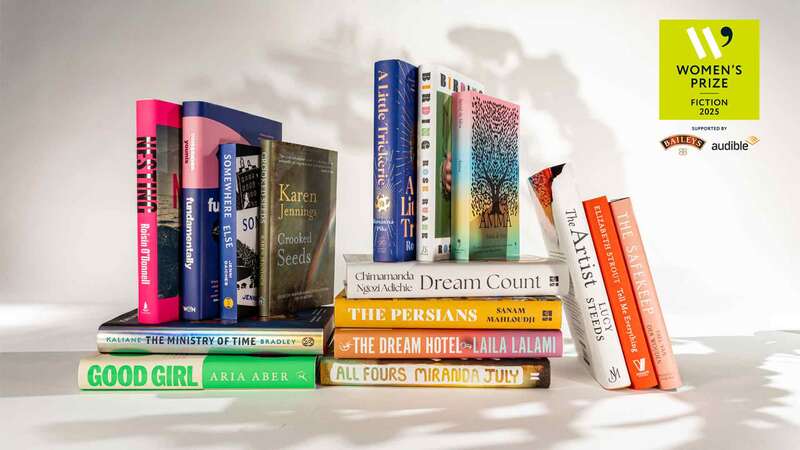You are viewing your 1 free article this month. Login to read more articles.
What makes a great debut?
As the Desmond Elliott Literary Prize shortlist is announced, judge Symeon Brown anatomises the features of a stand-out first novel.
When the prize-winning novelist Caryl Phillips passed the first year of his psychology degree at Cambridge, his sceptical tutor summoned him. Dr Rabbits saw the flicker of a different future for the 19-year-old and quizzed Phillips on whether he was sure he had pursued the right subject. Phillips recalled in his essay collection Colour Me English that he shared with his tutor a desire to “understand people”. Unmoved, Dr Rabbits rubbed his beard. “So you want to understand people, do you?” he asked. "Literature. If you really want to know about people, study English literature, not psychology.”
A great debut novel is unparalleled in its delicate interrogation of the human condition and its knowing of people. For the majority of the past decade I have earned a living as a television correspondent. A reporter is a merchant of facts but a good novelist trumps us on truth. A reporter can broadcast that a politician has made a statement that is incorrect but is often limited in being able to call that politician a liar, regardless of whether that is closer to the truth. As a reader of fiction, I have found that dealing in truth is where a good novel reigns supreme.
This year’s stand out debuts were driven by a curiosity in the human condition before anything else. Dishonest writing easily defers to the tribal bias of who they think their reader is without ever really questioning them and less impressionable debuts displayed little awareness of the reality they set out to depict. In contrast the debut novelists who captured me had a perspective but they were not mere propagandist for it, they were driven by an obsessive pursuit of a truth. It is in this tradition a good novel becomes subversive or rewarding.
In recent years many of the contemporary novels by emerging authors to decorate must-read lists have drawn heavily on interior turmoil whilst abandoning narrative, but this year’s striking novels returned to embed the power of plot and story.
The heated discussions at the Good Readers Book Club I have run for several years are proof of the subjectivity that governs literary taste but as a judge of this year’s prestigious Desmond Elliott Literary Prize, the novels that stood out all had a sense of movement, ambition and character whilst being at ease on the page. Writing is often a deeply personal art form but the debuts I wanted to return to never forgot the reader. George Orwell said that "good prose should be transparent like a window pane" and it is in this spirit that a good debut novel is desperate to be a medium for a story. A writer who allows their style to carry the story, without their style becoming the story, is a joy to read.
In recent years many of the contemporary novels by emerging authors to decorate must-read lists have drawn heavily on interior turmoil whilst abandoning narrative, but this year’s striking novels returned to embed the power of plot and story. The novels shortlisted for the Desmond Elliott Prize had a sense of jeopardy and that all-important movement that drives you to turn the page. It has been common to see good essays and beautiful poetry tweaked and packaged to be sold as novels, yet had been constructed without the power that plot provides and fundamentally differentiates the form from other modes of prose.
What drove the plots of this year’s stand-out debuts were clearly motivated characters with defined histories that shaped their trajectories. These were protagonists born out of place and time. The novelists immersed me into the worlds of their characters, and interrogated the human condition through their very specific identities. Furthermore, in a field of characters, these novels became protagonists in their own right. Each had a pace, a voice and a perspective that was vivid, clear and very much their own. It is the character of a novel that builds intimacy with the reader and makes it memorable long after you have forgotten the name of the people within it. The debut novels that stood out displayed the greatest curiosity, awareness, purpose and craic. They were laden with ideas their characters pushed, pulled and ridiculed – the mark of a good novel.




















